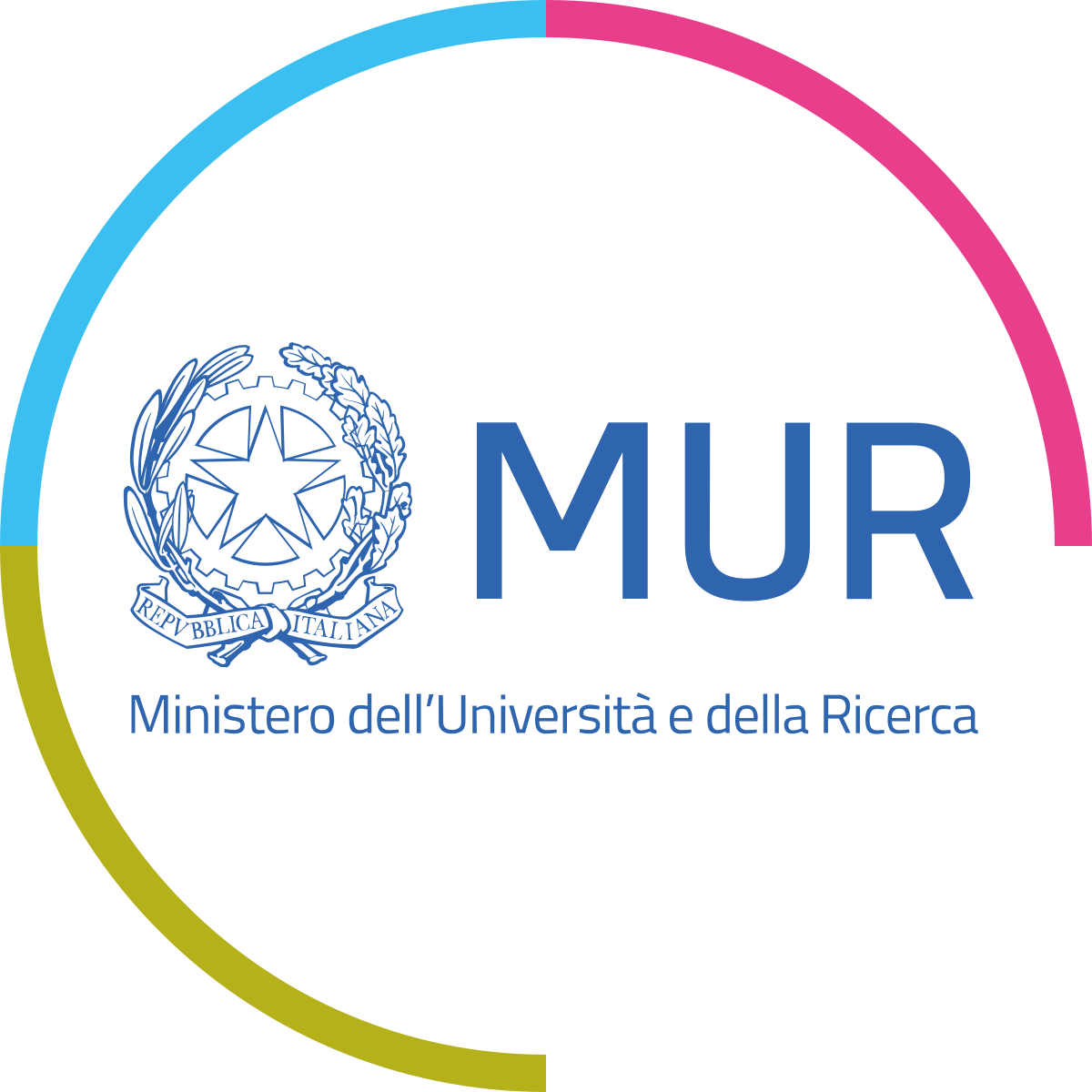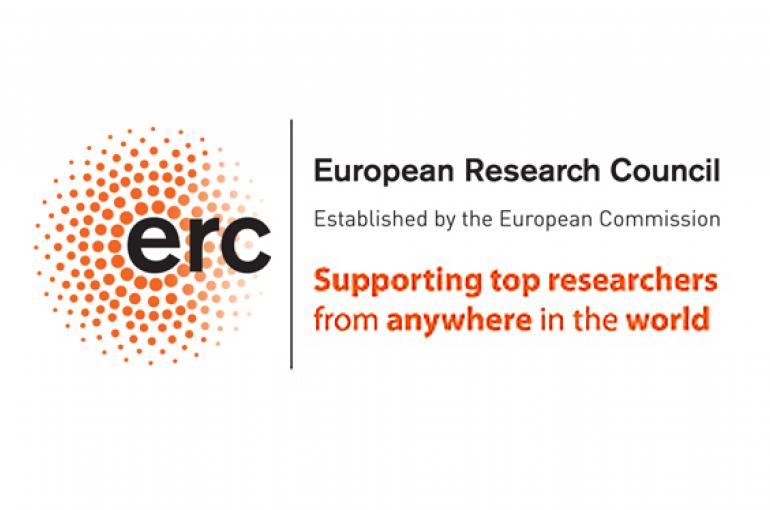I am so happy to share that I am one of the 2019 recipients of the European Research Council Starting Grant, with my project “Radical Housing: Cities and the global fight against housing precarity”
This has been such a humbling experience and an honour!
I couldn’t have done it without the support received from the Faculty of Social Science at Sheffield. A huge thanks to my colleagues at the Urban Institute (now it’s two ERC recipients there with the wonderful Vanesa Castan Broto) and to my colleagues at USP (in particular John Flint and Ryan Powell). And also many others indeed — including the wonderful
Colin McFarlane and Paolo Boccagni who shared their projects and advised on how to go about this whole ERC business! Also a continuining thank you to my comrades of the Radical Housing Journal and of the Frontul Comun pentru Dreptul la Locuire for the continuing inspiration and solidarity.
Finally a huge thank you to my family and to my partner Leo for the patience and support. Below you can read the abstract and logo of this project, which will begin in Spring 2020.
Radical Housing: Cities and the global fight against housing precarity
According to UN-Habitat, each year millions of people face forced eviction from their homes, while a staggering 1.6 billion are inadequately housed. Forecasts suggest housing precarity will continue to grow in future, worldwide. In response, grassroots housing movements are becoming increasingly common. Crucially, these groups fight for more than just housing, often advancing critiques of wider societal inequalities. Yet little is known of the broader significance of these struggles, and research has failed to offer an understanding of geographically dispersed movements. The ways in which the fight for the right to housing operates is essential to understand contemporary urban life. RadicalHOUSING will fill these critical gaps through an innovative Radical Housing Approach and pioneering empirical research at a global scale.
First, the project identifies the importance of a historical understanding of dwelling precarity, to appreciate the relevance of housing struggles worldwide (Objective I). Second, it investigates and profiles prominent grassroots networks in the Americas, Europe, Africa, and Asia to analyse their goals and organisational culture (Objective II). To appreciate the wider significance of radical housing resistance, the project deploys an ambitious ethnographic encounter with grassroots struggles in eight emblematic cities (Objective III). It then brings selected participants and experts together in a Global Forum of Radical Housing, fostering the exchange of peer-to-peer knowledge to generate further findings (Objective IV). Finally, the project will gather these insights into an innovative critical comparative framework, which will lead to agenda-setting publications, interventions, and academic scholarship (Objective V).
RadicalHOUSING is a ground-breaking project that will contribute to housing, urban and geographical studies, as well as to grassroots knowledge, opening a new phase in understanding the global fight against housing precarity.




